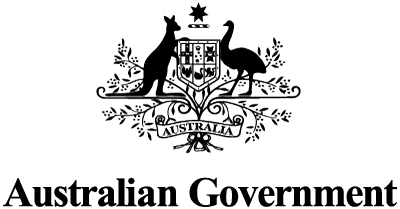To enhance the meaningful participation and the role of women in development, eight partners affiliated with INKLUSI, dedicated to gender justice, women’s empowerment, and marginalised groups, held the National Women’s Conference for Development Planning on the 17th of April, 2023.
The objective of the National Women’s Conference is to ensure that the participation and voices of marginalised women genuinely influence the development planning process. Hence, every program can be tailored to meet specific needs, target the right areas, and benefit the lives of women and other marginalized groups.
The Ministry of Women’s Empowerment and Child Protection and the Ministry of National Development Planning (Bappenas) welcomed input to the government of Indonesia’s development planning process from INKLUSI Partners − ‘AISYIYAH, Yayasan BaKTI, Institut KAPAL Perempuan, Kemitraan, Migrant CARE, PEKKA, Perkumpulan Keluarga Berencana Indonesia (PKBI), and Sasana Inklusi, and Gerakan Advokasi Difabel (SIGAB).
The Director of Institut KAPAL Perempuan, Misiyah stressed that, “For women and other marginalized groups, this moment is pivotal to ensure that their voices and aspirations are substantially reflected in both the process and substance of development planning.”
Approximately 3,000 participants attended the event both online and offline, representing civil society organizations, rural communities from 38 provinces, 136 districts, and 664 villages/sub-districts, as well as local and national stakeholders.
The Minister of Women’s Empowerment and Child Protection (PPPA), I Gusti Ayu Bintang Darmawati, in her keynote speech addressed participants’ concerns, “Our development planning quality needs enhancement, fortification, and assurance, extending down to the grassroots level.”
She emphasised the significance of the conference in ensuring meaningful participation and the voices of women, especially those from marginalised groups, in the development planning process. This assumes greater importance in 2023, marking the midway point in the implementation of the Sustainable Development Goals (SDGs), the National Long-Term Development Plan (RPJPN) 2025-2045, and the National Medium-Term Development Plan (RPJMN) 2025-2029, all unfolding concurrently.
Woro Srihastuti Sulistyaningrum, Director of Family, Women, Children, Youth, and Sports (PPN), expressed hope that the outcomes of the National Women’s Conference for Development Planning could provide concrete inputs to strengthen and refine the development planning process, particularly for the first five years of the RPJPN 2025-2045.
The National Women’s Conference discussed eight focus issues — social protection, women and migrant workers, child marriage, women’s economic empowerment, women’s leadership, women’s health, violence against women and children, and women and the environment. Recommendations from this conference will be proposed for the RPJPN 2025-2045 and RPJMN 2025-2029 to be submitted to Bappenas.
Rani, a representative from the PEKKA community in Ternate, North Maluku Province, put forward their proposals related to post-pandemic economic recovery for women and the surrounding communities in their area.
“Our hope is for government policies that support the management of local ideas and innovations , simplify permits for micro, small, and medium-sized enterprises (MSMEs), assist with marketing, and develop pilot villages for managing local resources, such as coconut oil products in our region. Recognition from the government can help motivate more communities to better manage local resources.”
The National Women’s Conference for Development Planning serves as a platform for sharing best practices, ensuring that the voices of women, especially marginalised groups, are not left behind in effective and inclusive development planning.
The INKLUSI – Bappenas National Women’s Conference for Development Planning is available here:




